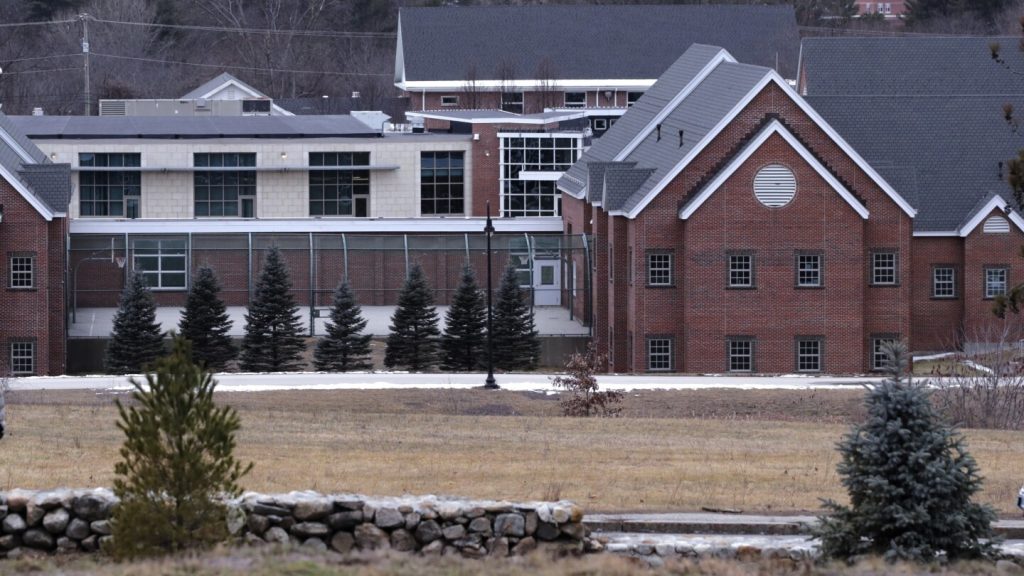In a recent trial in New Hampshire, a jury awarded $38 million to David Meehan, who claimed he was repeatedly raped, beaten, and held in solitary confinement at the state’s youth detention center in the 1990s. The judge overseeing the case, Judge Andrew Schulman, refused to discard the verdict, citing the facility’s leadership’s negligence and willful blindness to the abuse occurring. The state’s attorney general’s office is seeking to drastically reduce the award, but Schulman denied a motion to nullify the verdict and issue a judgment in the state’s favor. He ruled that Meehan’s claims were timely under an exception to the statute of limitations and that he had proven the state breached its duty of care.
The attorney general’s office filed a motion to preserve their arguments for any potential appeal, stating that Meehan waited too long to sue and failed to prove negligence on the state’s part. Meehan, now 42, went to the police in 2017 and filed a lawsuit three years later, leading to the arrests of 11 former state workers and over 1,100 other former residents filing lawsuits alleging abuse. Charges against one former worker, Frank Davis, were dropped after he was found incompetent to stand trial. Meehan’s case was the first to go to trial, where his attorneys argued that the state fostered a culture of abuse, while the state portrayed Meehan as a troublemaker and liar.
During the trial, jurors awarded Meehan $18 million in compensatory damages and $20 million in enhanced damages but indicated on the verdict form that the state was liable for “one” incident, triggering the state’s request to reduce the award under a state law limiting claimants against the state to $475,000 per incident. Meehan’s lawyers have filed a motion asking the judge to set aside that portion of the verdict so the $38 million can stand. They also suggested options such as ordering a new trial on the number of incidents or offering the state the option to agree to an increase in the number of incidents. The judge denied a previous request to reconvene and poll the jury but indicated he was open to addressing the disputed verdict in a hearing scheduled for June 24.
The trial revealed allegations of pervasive brutality, corruption, and a code of silence at the facility, now called the Sununu Youth Services Center. More than a thousand former residents have come forward with claims of physical, sexual, and emotional abuse spanning six decades. While the state argued that Meehan was not credible and sought to reduce the verdict, the judge’s ruling upheld the jury’s decision and highlighted the state’s failure to address the abuse within the facility’s leadership. The case has brought significant attention to the issue of abuse in youth detention centers and prompted discussions about accountability and justice for victims who have suffered at the hands of those entrusted with their care.
As the legal battle continues, the New Hampshire youth detention center case serves as a landmark trial highlighting the need for accountability in cases of institutional abuse. Despite attempts by the state to reduce the $38 million verdict awarded to David Meehan, Judge Andrew Schulman’s refusal to discard the award underscores the severity of the abuse and the failure of the facility’s leadership to address it. With more former residents coming forward with allegations of abuse, this case has sparked a broader discussion about the treatment of vulnerable youth in the criminal justice system and the importance of holding institutions accountable for their actions. The upcoming hearing on June 24 will provide further insight into the next steps in seeking justice for victims of abuse at the Sununu Youth Services Center.


